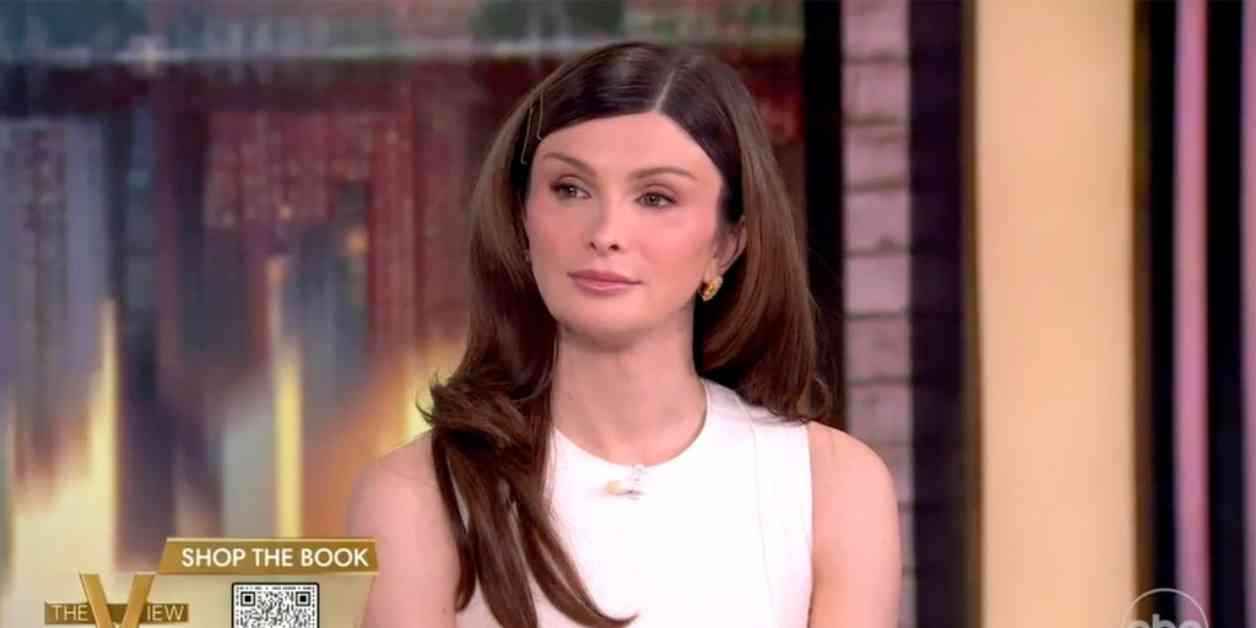Transgender influencer Dylan Mulvaney found themselves at the center of a heated discussion after California Governor Gavin Newsom expressed concerns about the fairness of biological male athletes competing in women’s sports. Mulvaney, known for their candid and relatable social media presence, appeared on “The View” to address the controversy.
During the interview, Mulvaney shared a personal anecdote about their limited experience with sports, humorously recalling a childhood soccer game where they designated themselves as the team nurse. Referencing a friend’s perspective on the issue, Mulvaney expressed reluctance to engage in the debate, citing their status as a “baby trans” still navigating their identity.
Notably, Mulvaney praised transgender athlete Schuyler Bailar for condemning Newsom’s remarks on social media, highlighting the importance of seeking guidance from experienced voices within the community. Mulvaney’s appearance on the show coincided with the promotion of their new book, “Paper Doll: Notes from a Late Bloomer,” which explores their journey of self-discovery and personal growth.
Insights from “The View”
During the discussion, host Whoopi Goldberg drew parallels between the challenges faced by transgender athletes and women in sports, emphasizing the need for a nuanced understanding of physical capabilities and the diversity of athletic talent. Goldberg’s impassioned defense of female athletes underscored the complexity of the issue and challenged stereotypes about gender and performance.
Goldberg’s comments resonated with viewers, sparking a broader conversation about inclusivity and representation in competitive sports. By highlighting the accomplishments of female athletes and advocating for a more inclusive approach to gender diversity, Goldberg brought a fresh perspective to the ongoing debate surrounding transgender participation in athletics.
Gavin Newsom’s Controversial Remarks
Governor Newsom’s recent podcast interview with conservative commentator Charlie Kirk further fueled the controversy, as Newsom acknowledged the inherent challenges of integrating transgender athletes into traditional sports structures. While Newsom expressed concerns about the fairness of allowing biological men to compete against women, he also emphasized the importance of compassion and understanding in addressing the mental health struggles faced by vulnerable communities.
Newsom’s nuanced approach to the issue highlighted the complexities of balancing fairness with inclusivity, as well as the broader societal implications of political discourse on transgender rights. By acknowledging the need for empathy and humility in discussing contentious topics, Newsom set a tone of respectful dialogue that resonated with a diverse audience.
In conclusion, the intersection of sports, identity, and politics continues to spark impassioned debates and critical reflections on the evolving landscape of gender representation in athletics. As influencers like Dylan Mulvaney navigate these complex issues with humor, grace, and authenticity, they offer a humanizing glimpse into the personal struggles and triumphs of individuals striving to live their truth in a world that is often divided by prejudice and misconception.


